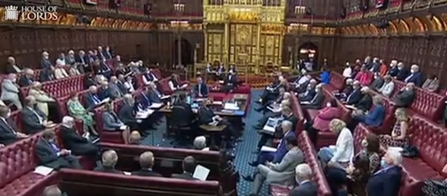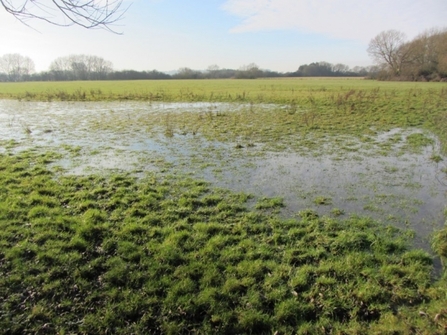The Environment Bill was approved by the House of Lords last night (Tuesday, November 9) after three years of 'ping pong' with the House of Commons and campaigning by The Wildlife Trusts and others to make the bill the best it could be.
Today we are pleased to see it receive Royal Assent in its final, much-strengthened form.


